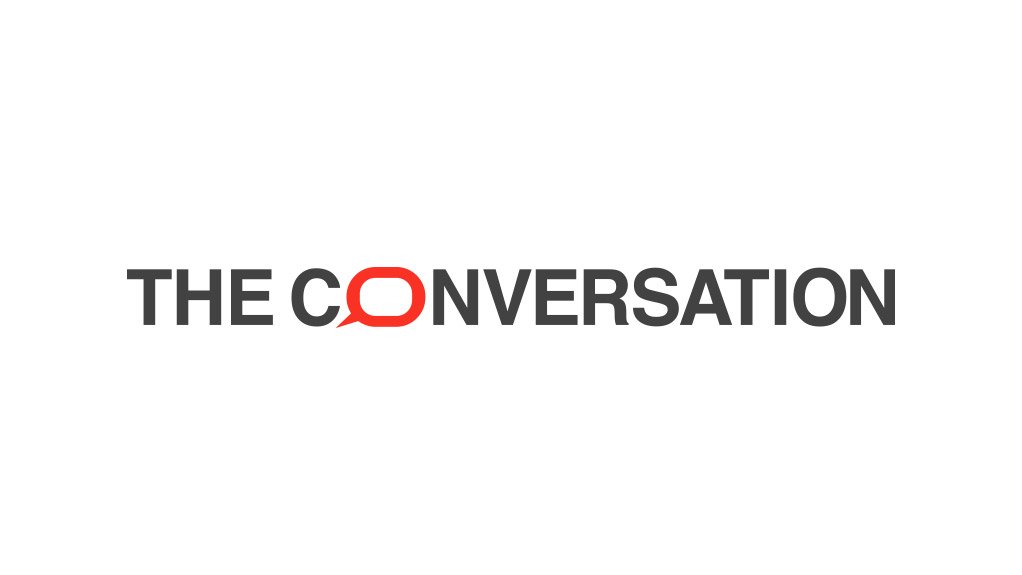Kagame faces Frank Habineza, who leads the opposition Democratic Green Party, and Philippe Mpayimana, an independent candidate and former journalist. In the country’s last election in 2017, Kagame garnered nearly 99% of the vote. This year, about 9.5-million Rwandans are registered to vote.
Since he was first elected president in April 2000, Kagame has systematically repressed any opposition to his rule. Many critics of the regime have died, disappeared, been arrested or fled the country.
The Conversation Africa has published several articles that put Rwanda’s political landscape into context – as well as Kagame’s place in it.
As it stands, Rwanda has no political candidate strong enough to face off with Kagame, who is now 66. Susan Thomson, a professor of peace and conflict studies, explains the risks in this lack of a back-up plan. As she puts it, the government’s failure to establish a succession plan could have catastrophic consequences for the country’s future.
In the face of the regime’s repressive tactics, public opposition has been muted. This means only Kagame will decide when he exits the political stage. David E. Kiwuwa, who has researched Rwanda’s political transformation, says five factors have created these conditions. These include the role of the Rwandan Patriotic Party – a political and economic powerhouse – in keeping Kagame in power. The president is also known to be a strict disciplinarian with a strong work ethic. He has dismissed cabinet members implicated in corruption and held poor performers to account. This has made Rwanda one of the least corrupt countries in sub-Saharan Africa, and the easiest to do business in. This has won Kagame many supporters.
Further justifying his rule is the fact that Kagame strongly believes in his vision for Rwanda. Maartje Weerdesteijn has studied the motivations of dictators – broadly defined as leaders who cannot be removed through elections, or where political opposition doesn’t operate on a level playing field. Her research suggests Kagame feels duty-bound to stay in power. He aims to create a safe and secure society for the country’s Tutsi minority following the 1994 genocide. He sees the end as justifying the means – even if this means sacrificing freedom for prosperity in post-genocide Rwanda.
It’s a risky play. While some see the value in Kagame’s aspiration for the country to become Africa’s Singapore, critics see disturbing characteristics in common with North Korea. The question is if Rwanda’s distinctive approach to state-building can endure in the long term. In the view of comparative politics researcher Omar Shahabudin McDoom, Rwanda’s preoccupation with security as a path to rebuilding the state is at odds with its desire for unity.
Still, this strategy has not entirely alienated the country’s Hutu majority. In a study of how a Tutsi ruling elite has found legitimacy in Rwanda for three decades, Réginas Ndayiragije and Marijke Verpoorten found that the Kagame regime has focused on policies that improve state-citizen relations. The government has invested in public goods, such as universal healthcare, that include both the Hutu and Tutsi. As a result, Hutu citizens have over time reported feeling more represented in government despite its ethnic makeup.
In the face of its internal politics, Rwanda has worked hard to boost its international reputation. To curry favour abroad, Kagame has employed soft power tactics and military diplomacy. This has generated a mixture of concern and curiosity.
Written by Julius Maina, Regional Editor East Africa, The Conversation and Kagure Gacheche, Commissioning Editor, East Africa, The Conversation
This article is republished from The Conversation under a Creative Commons license. Read the original article.











